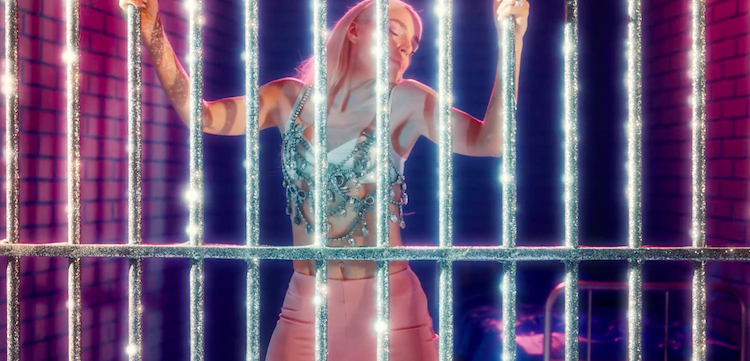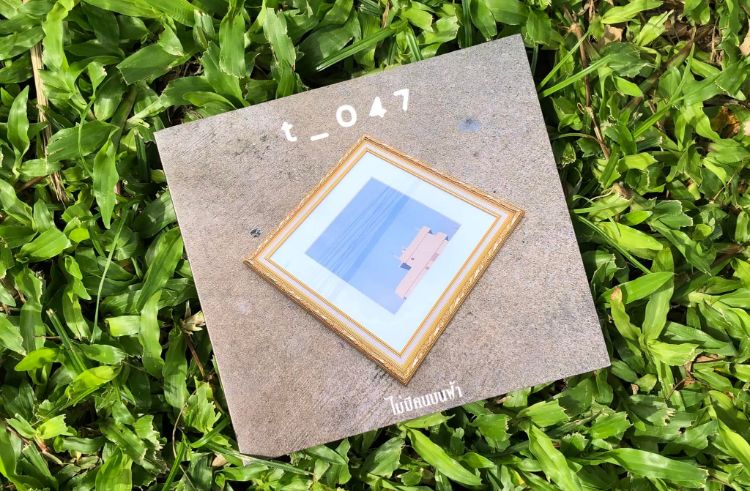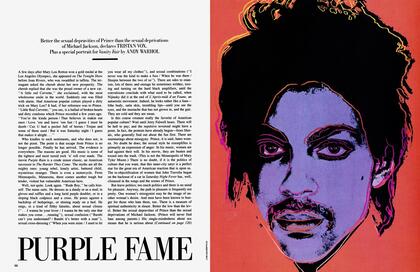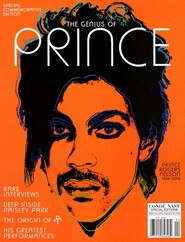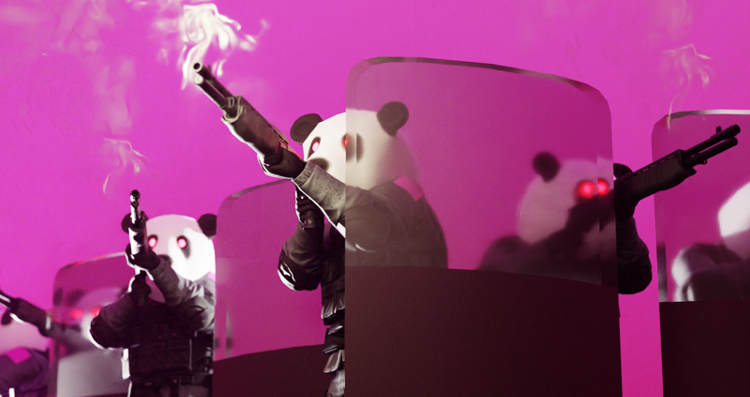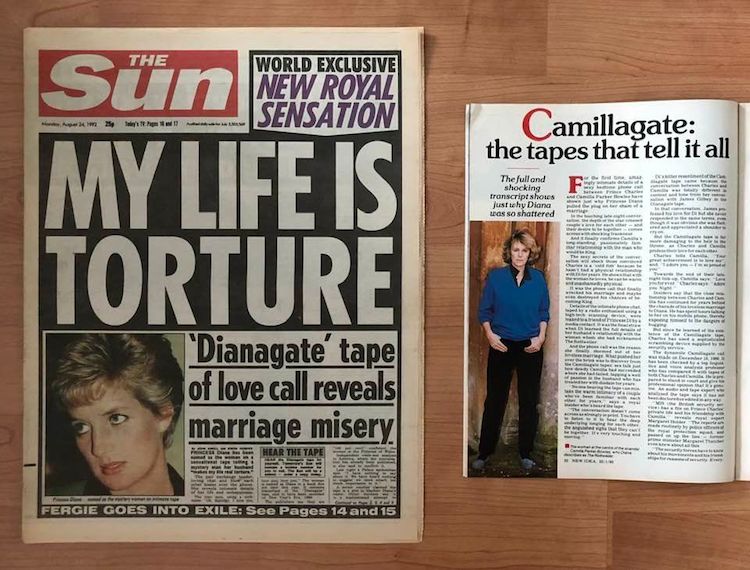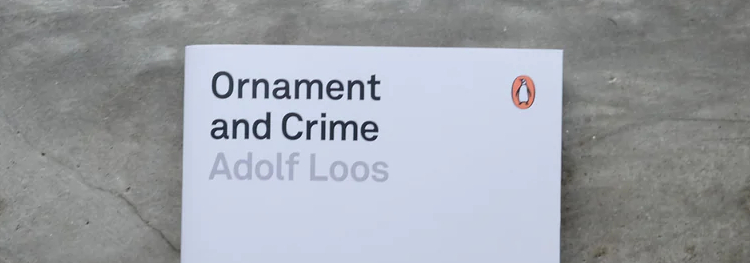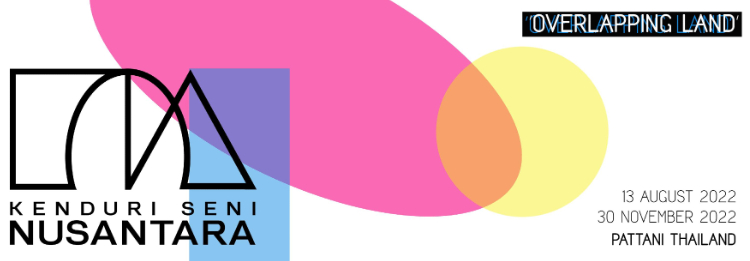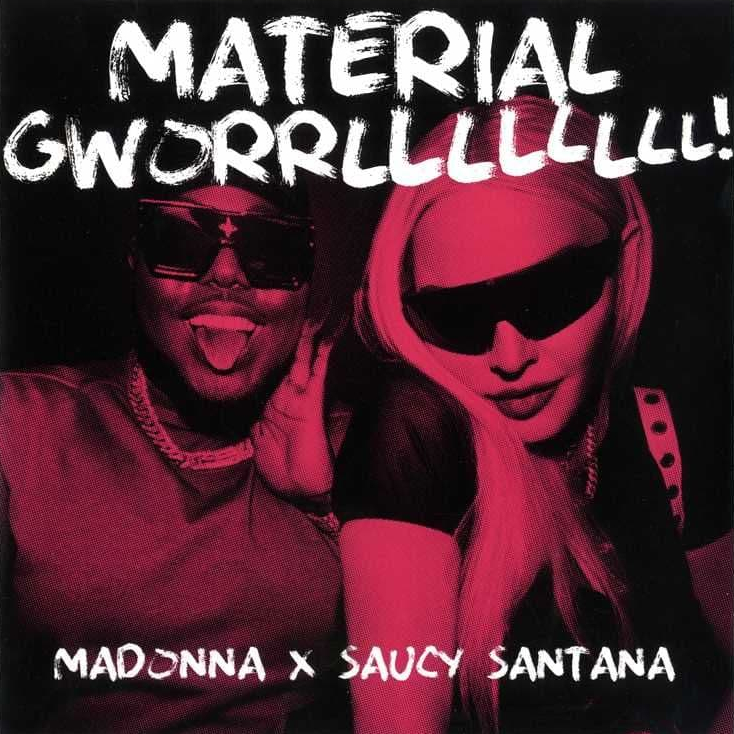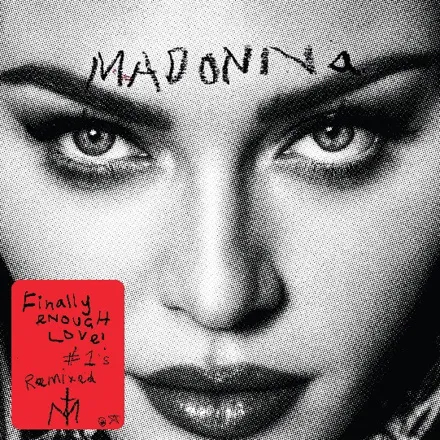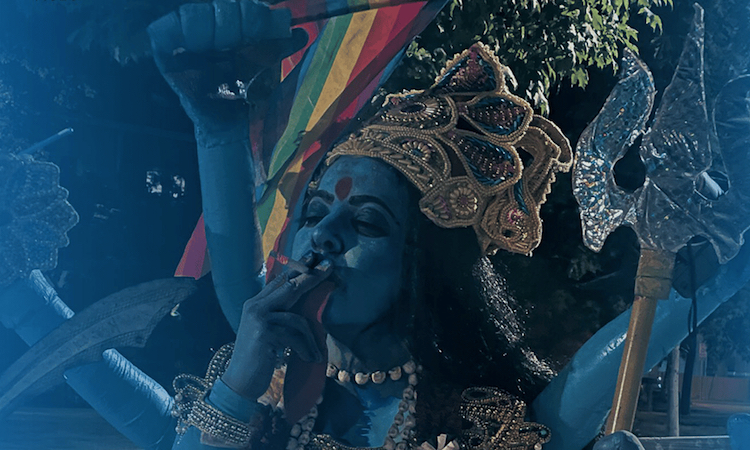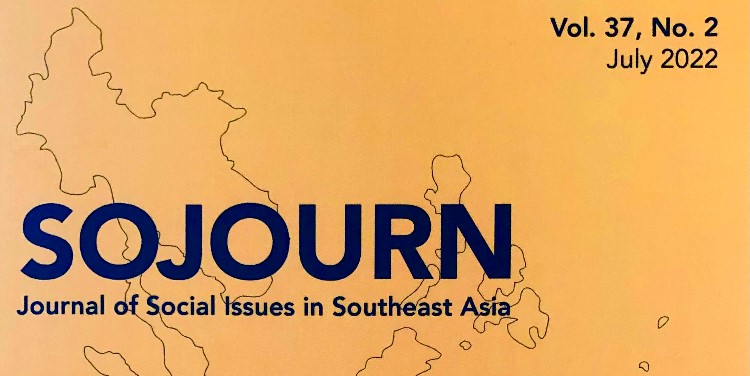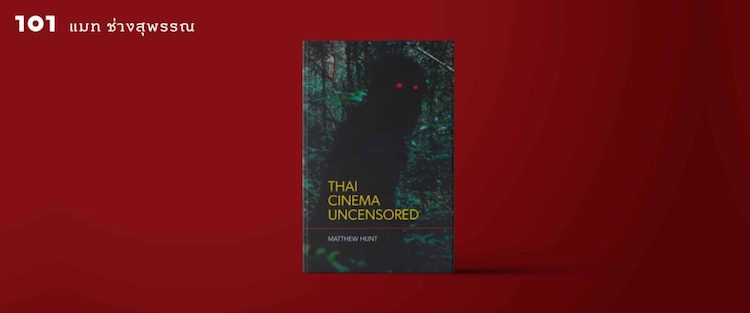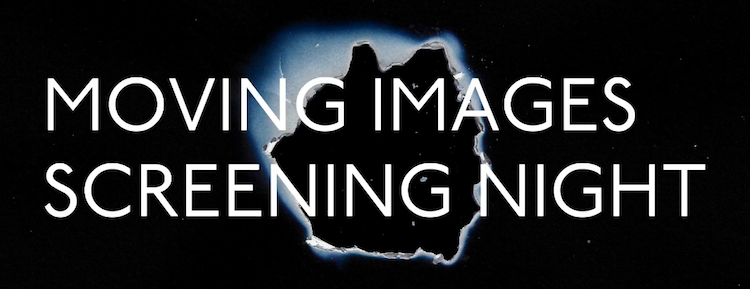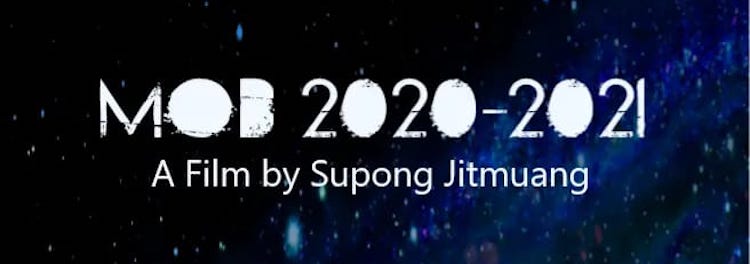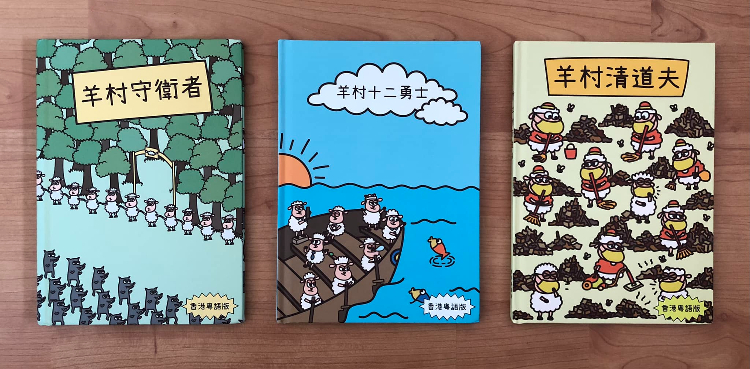
Five publishers of children’s picture books were each given nineteen-month prison sentences in Hong Kong yesterday. They had been held in custody since their arrest more than a year ago, and were all convicted of sedition after a two-month trial. The defendants were members of the General Union of Hong Kong Speech Therapists, which has since been disbanded. They had published three books about a sheep village (羊村) facing attack by wolves, a metaphor for China’s dominance over Hong Kong.
One of the titles, The Guardians of Sheep Village (羊村守衛者), is an allegory of Hong Kong’s 2019 pro-democracy protests. Another, The Twelve Warriors of Sheep Village (羊村十二勇士), refers to a dozen Hong Kongers who were arrested in 2020 when they attempted to escape into exile by speedboat. The third book in the series, The Cleaners of Sheep Village (羊村清道夫), is a reference to medical workers who went on strike in an attempt to force Hong Kong to close its border with China at the height of the coronavirus pandemic.
District Court Judge Kwok Wai Kin condemned the publishers for what he described as “a brain-washing exercise with a view to guiding the very young children to accept their views and values”. The defendants—Man-ling Lai, Sidney Ng, Samuel Chan, Tsz-ho Fong, and Melody Yeung—had all pleaded not guilty, and Yeung said in court: “My only regret is I couldn’t publish more picture books before getting arrested.” Referring to the political analogy in the books, she added: “I hope I can always stand on the side of the sheep.”
One of the titles, The Guardians of Sheep Village (羊村守衛者), is an allegory of Hong Kong’s 2019 pro-democracy protests. Another, The Twelve Warriors of Sheep Village (羊村十二勇士), refers to a dozen Hong Kongers who were arrested in 2020 when they attempted to escape into exile by speedboat. The third book in the series, The Cleaners of Sheep Village (羊村清道夫), is a reference to medical workers who went on strike in an attempt to force Hong Kong to close its border with China at the height of the coronavirus pandemic.
District Court Judge Kwok Wai Kin condemned the publishers for what he described as “a brain-washing exercise with a view to guiding the very young children to accept their views and values”. The defendants—Man-ling Lai, Sidney Ng, Samuel Chan, Tsz-ho Fong, and Melody Yeung—had all pleaded not guilty, and Yeung said in court: “My only regret is I couldn’t publish more picture books before getting arrested.” Referring to the political analogy in the books, she added: “I hope I can always stand on the side of the sheep.”



